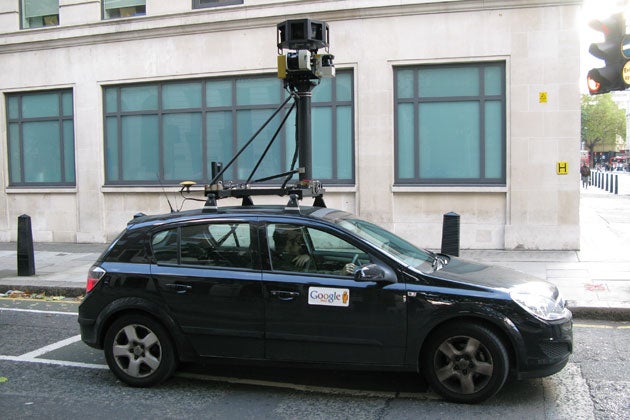Japanese group asks Google to stop map service

A group of Japanese lawyers and professors asked on Friday that Google stop providing detailed street-level images of Japanese cities on the Internet, saying they violated privacy rights.
Google's Street View offers ground-level, 360-degree views of streets in 12 Japanese cities and is also offered for some 50 cities in the United States and certain areas in Europe.
The service allows Web users to drive down a street, in a virtual sense, using their mouse to adjust views of roadside scenery.
"We strongly suspect that what Google has been doing deeply violates a basic right that humans have," Yasuhiko Tajima, a professor of constitutional law at Sophia University in Tokyo, told Reuters by telephone.
"It is necessary to warn society that an IT giant is openly violating privacy rights, which are important rights that the citizens have, through this service."
The Campaign Against Surveillance Society, a Japanese civilian group that Tajima heads, wants Google to stop providing its Street View service of Japanese cities and delete all saved images.
Google's office in Tokyo was unable to comment immediately.
Privacy concerns about Google's service have grown in Japanese media, especially after some people discovered their images on Street View.
Similar concerns have been raised in other parts of the world, including the United States and Europe.
In one case, a woman was shown sunbathing and in another a man was pictured exiting a strip club in San Francisco.
In March, Google said it would comply with a Pentagon request to remove some online images from Street View over fears they posed a security threat to U.S. military bases.
Web-based Google Maps and a related computer-based service called Google Earth have drawn criticism from a variety of countries for providing images of sensitive locations, such as military bases or potential targets of terror attacks.
Join our commenting forum
Join thought-provoking conversations, follow other Independent readers and see their replies
Comments
Bookmark popover
Removed from bookmarks